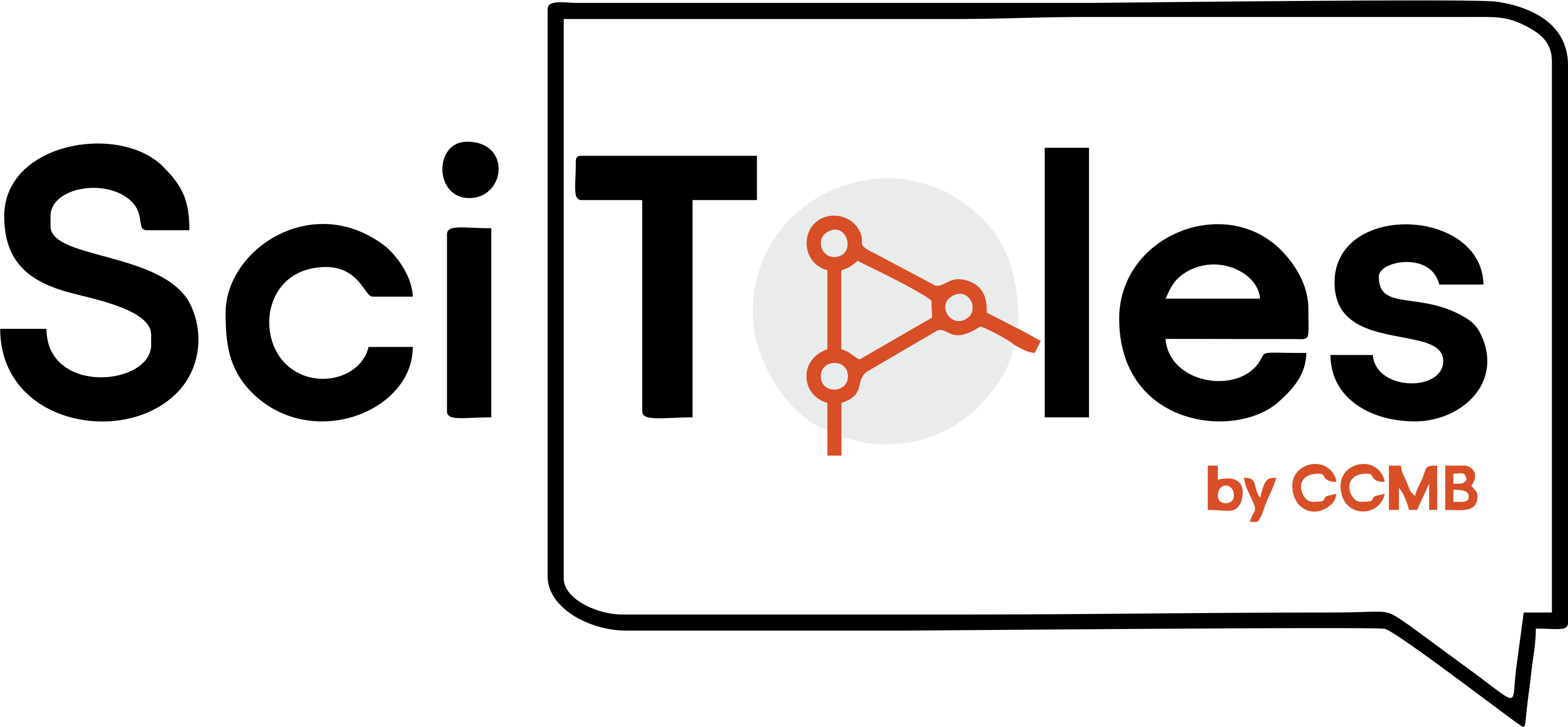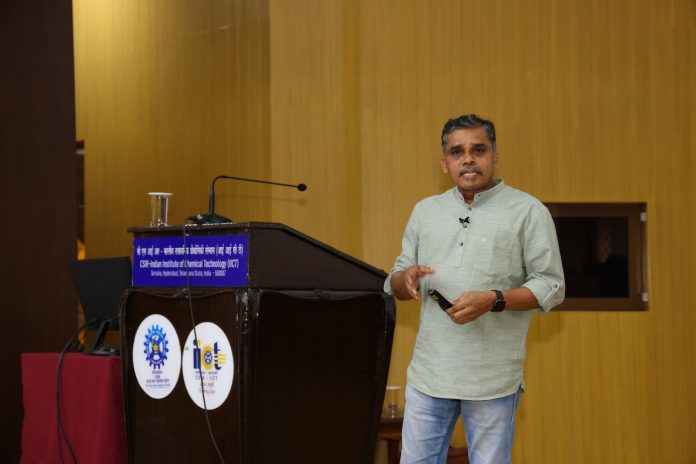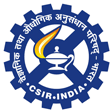In a world where science and technology are advancing at an unprecedented pace, Dr. Praveen Vemula has carved a niche for himself by bridging the gap between innovative research and real-world applications. His work, which spans the development of drug delivery systems, medical devices, and sustainable agricultural practices, exemplifies the transformative potential of translational science.
For Dr. Vemula, the journey of scientific discovery begins not in the confines of a laboratory, but in the field, where real-world problems demand practical solutions. His research philosophy is rooted in what he describes as the “clinical pull” approach, a method that prioritizes addressing specific, unmet clinical needs rather than developing technology for its own sake.
“Technology push is one way to approach research, where you develop new materials or technologies and then find a problem they can solve,” Dr. Vemula explains. “But the more effective way, I believe, is the clinical pull method—where you first identify an unmet clinical need and then custom-develop technology to address it.”
This approach has guided his work across a range of fields. Dr. Vemula’s research is always driven by a clear understanding of the gaps in current healthcare practices. “We don’t limit ourselves to any particular field or disease,” he says. “We look at the big unmet needs—what are the major gaps that are hindering progress? And then we focus on developing the technology to fill those gaps.”
One of Dr. Vemula’s most impactful projects is the development of a protective suit for farmers. This project is a perfect illustration of his “clinical pull” approach. “When we decided to work on this, we didn’t just rely on academic literature,” he explains. “We spent almost eight months in the field, speaking to over two hundred farmers in Telangana and Karnataka, observing them as they sprayed pesticides. We timed our visits to coincide with their spraying activities so we could see firsthand what they were exposed to and how they were affected.”
This approach revealed the severe health effects farmers experienced, such as fever, muscle pain, and vomiting after pesticide use. Initially, the team developed a protective cream to deactivate the toxic compounds in the pesticides. However, compliance and cost were major challenges. “Though the cream was scientifically sound, it wasn’t practical. Farmers would need to apply it all over their bodies before spraying, which many wouldn’t do consistently. The ongoing cost also made it unaffordable.”
Recognizing these issues, his team pivoted to develop a fabric-based solution us. “We created a special fabric that deactivates pesticides on contact. It’s washable, reusable, and economically viable. Farmers can simply wear this suit, which looks and feels like regular clothing, whenever they spray pesticides,” he says. This shift from cream to fabric not only solved the problem of compliance but also ensured that the solution was sustainable and scalable.
At the heart of his research is a profound belief in the power of chemistry. His work demonstrates that, regardless of the field, chemistry plays a critical role in solving some of the most complex biological problems. “Even in biology, at the molecular level, every system is doing chemistry,” he asserts. “When you break down any disease to its molecular level, you can understand exactly what is happening. By understanding this, we use chemistry as a tool to develop the necessary technology.”
This belief has led to groundbreaking work in various areas. For instance, in one project, Dr. Vemula developed a method to extend the shelf life of blood, crucial for blood banks and hospitals. He did this by coating blood bags with polymers that remove molecules harmful to the membrane integrity of red blood cells. In another, he focused on targeted drug delivery systems – get drugs to the affected cells – to increase the efficacy of treatments while minimizing side effects of the medicines. Despite the diversity of these projects, the common denominator is always chemistry—a tool that he uses to unlock new possibilities in healthcare.
One key aspect of Dr. Vemula’s work is his ability to choose problems that, when addressed, can create a major shift in the field. His criteria for selecting research projects are simple yet impactful. “We start by evaluating the current technologies and treatment options,” he explains. “If a field already has solid solutions, making slight improvements isn’t as exciting for us.”
Dr. Vemula and his team focus on areas with major gaps—where even partial success in developing new technology could drive change. “We look at problems through reading or discussions and evaluate how much of a gap exists. If we can develop a technology that has the potential to make a significant impact, that’s where we focus our efforts.”
When asked why his research translates into real-world applications more efficiently than others, Dr. Vemula offers a critical insight: “It’s not that every solution can solve a problem. We need to assess how innovative our technology is compared to existing solutions. If it’s merely an incremental improvement, it’s unlikely to translate successfully. Strong intellectual property and a truly inventive leap are crucial for successful translation.”
Dr. Vemula categorizes technologies into three types: “me-too” technologies, which replicate existing solutions; “me-better” technologies, which offer incremental improvements; and “me-only” technologies, which address problems that have no existing solutions. “The ‘me-only’ technologies are the ones that have the greatest potential for translation because they fill a unique gap,” he explains. This rigorous assessment ensures that his team’s work not only advances science but also has a real-world impact.
In the world of academia, success is often measured by the number of publications, citations, and recognitions in a particular field. However, Dr. Vemula has chosen a path that challenges these conventional metrics. His focus on solving real-world problems means that he often sacrifices traditional academic accolades for the satisfaction of seeing his work make a tangible difference.
“Problem-solving is what excites me the most,” Dr. Vemula reflects. “It doesn’t matter which area I’m working in. If the technology we develop reaches people and makes their lives better, that’s the best recognition we can have.”
Dr. Vemula’s journey from the laboratories of IISc to Harvard to his current work in India is a testament to his commitment to translating science into real-world solutions. During his time at Harvard, he realized that the translation of scientific research into practical applications—a concept he calls “scientific independence”—could thrive in academic settings, not just in big industries.
As Dr. Vemula continues his work, he remains focused on a singular goal: creating solutions that address the most pressing health challenges of our time. His commitment to translational science is not just about advancing technology; it’s about making a tangible difference in people’s lives.
In a world where the lines between disciplines are increasingly blurred, Dr. Praveen Vemula’s work stands as a beacon of what’s possible when science is driven by a deep-seated commitment to solving real-world problems. His journey is a reminder that the true measure of success lies not in accolades, but in the lasting impact of one’s work.


